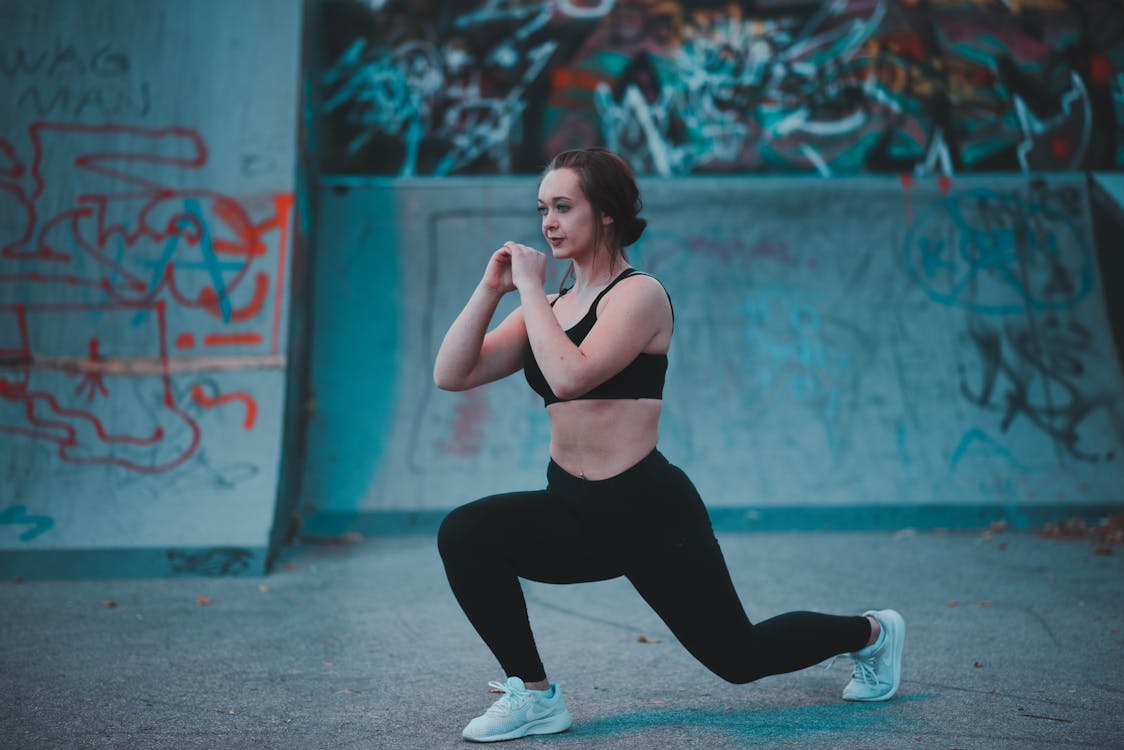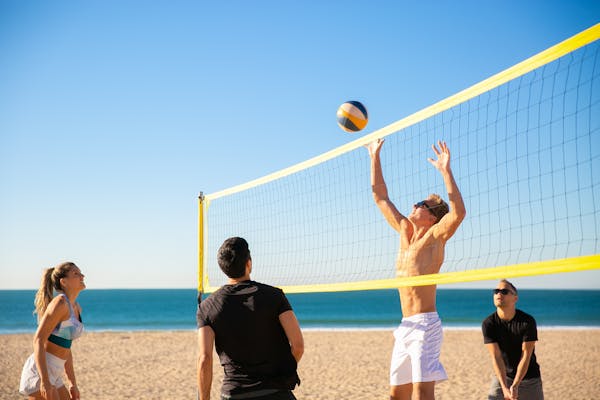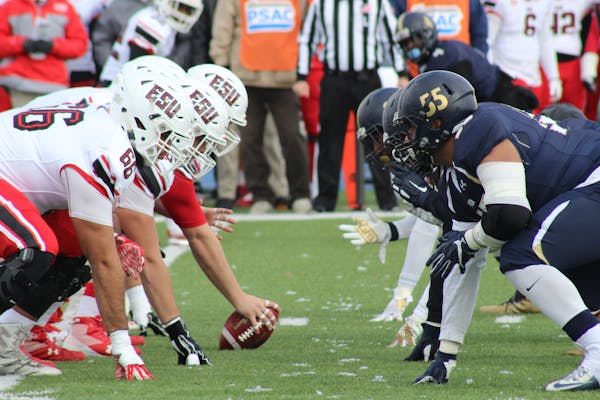What is fitness?
Despite the fact that it could seem like a general inquiry, there are specific criteria you can use to assess your physical well-being.
The desire to be fit is widespread. Since health and fitness go hand in hand. A high degree of general fitness is associated with a decreased risk of chronic disease and a greater capacity to handle emerging health problems. More functioning and mobility are also encouraged by improved fitness throughout the course of one's lifetime, and on this post is everything you need to know.
Physical fitness refers to a condition of health and wellbeing and, more particularly, the capacity to engage in certain activities related to sports, jobs, and daily living. Physical fitness is often attained with healthy eating, moderate-intense activity, enough rest, and a systematic recovery plan.
The Benefits of Physical Fitness
1. Exercise reduces weight
Exercise can assist sustain weight reduction or avoid excessive weight gain. Calorie burn occurs with physical exertion. You burn more calories when you engage in more vigorous exercise.
Regular gym visits are important, but don't stress if you can't find a significant amount of time to work out every day. Anything you do is preferable to doing nothing at all. Simply increase your daily activity to gain the advantages of exercise. Take the stairs instead of the elevator or work harder at your housework. Key is consistency.
2. Better sleep is aided by exercise
Struggling to fall asleep? You can sleep better, deeper, and fall asleep more quickly if you exercise regularly. Just remember to avoid exercising right before bedtime if you don't want to be too stimulated to sleep.
3. Exercise revitalizes your sexual life
Do you feel too worn out or unfit to appreciate intimate physical contact? Regular exercise may increase your energy levels and confidence in your physical attractiveness, which could enhance your sex life.
However, there is more to it than that. Regular exercise may increase arousal in women. Additionally, guys who frequently exercise are less likely than those who don't to experience erectile dysfunction issues.
4. lowers chances of developing heart disease
Your heart and circulation are improved by exercise. The increased blood flow boosts your body's oxygen levels. Your chance of developing heart problems including excessive cholesterol, coronary artery disease, and heart attacks is reduced as a result. Additionally, regular exercise helps reduce lipid and blood pressure levels.
5. Build up your muscles and bones
Children and teenagers who exercise regularly can have strong bones. It can also delay the age-related decrease of bone density later in life. Your muscular mass and strength can be increased or maintained by engaging in muscle-strengthening exercises.
Consequences of Physical Inactivity
1. Heart Condition
Even those without any additional risk factors might develop heart disease from a lack of physical activity. Other heart disease risk factors, such as obesity, high blood pressure, high cholesterol, and type 2 diabetes, can also raise the probability of developing.
2. Diabetes Type 2
One's chance of having type 2 diabetes might increase if they don't engage in adequate physical exercise. Exercise helps maintain healthy blood pressure, weight, and blood sugar levels as well as raising "good" cholesterol and lowering "bad" cholesterol. Aiming for at least 150 minutes of moderate movement each week can help persons with diabetes lower their risk of developing heart disease and nerve damage.
3. Cancer
Getting the appropriate amount of exercise will reduce your chance of developing several malignancies, such as uterine, colon, and breast cancer. One of the most crucial things people can do to enhance their health is engage in regular physical exercise. Regardless of age, sex, color, nationality, or degree of fitness, everyone may benefit greatly by moving more and sitting less.
4. Obesity
The additional energy you consume is stored by the body as fat if you are not active enough to utilize the energy given by the food you eat. Adults should engage in at least 150 minutes a week of moderate-intensity aerobic activity, such as quick walking or cycling, according to the Department of Health and Social Care.5. Higher cholesterol
Lack of activity causes your body to create insufficient HDL cholesterol, which makes it difficult for it to remove harmful cholesterol buildup from your vascular system. Exercise is simple to put off, especially if you're really busy.
Building up your Physical Fitness
Start out softly and progressively increase. Give yourself plenty of time to stretch or take a leisurely stroll to warm up and cool down. Then pick up the pace until you can maintain it for five to ten minutes without becoming too exhausted. Increase your workout time progressively as your endurance gets better. Work your way up to exercising for 30 to 60 minutes most days of the week.
Break things apart if necessary. You may spread out your workout throughout the day; you don't have to do it all at once. There are also aerobic advantages to shorter but more frequent workouts. A few little workouts throughout the day may fit into your schedule more conveniently than a single 30-minute workout. Anything you do is preferable to doing nothing at all.
Be innovative. You may mix up your training regimen with other exercises like walking, cycling, or rowing. Don't stop there though. Spend a night ballroom dancing or go on a weekend walk with your family. Find enjoyable things to incorporate into your training regimen.
Be aware of your body. Take a pause if you experience discomfort, breathlessness, vertigo, or nausea. You could be exerting too much effort.
Be adaptable. Give yourself permission to take a day or two off if you're not feeling well.
Don't base your success on the fitness models you see on social media every day; doing so will simply make you uncomfortable. Comparing your former and present selves will help.
What's next?
What do you intend to do with your newfound physical health now that you've attained it?
Playing sports is the only logical solution.
Participate in an exciting sport during the week or even on a chilly Saturday afternoon to be active.
some ideas could be:
Tennis
Basketball
Football
Volleyball
If you want sports with a bit more risk, try:
Rugby
American Football
If you don't have much time, attempt to get in a few sprints per week









Post a Comment